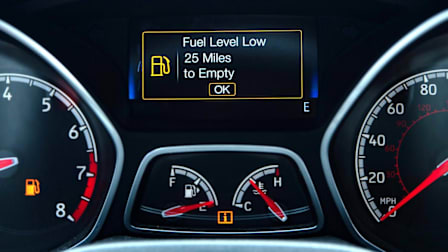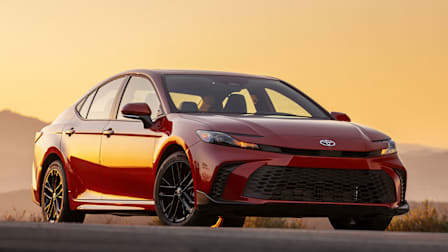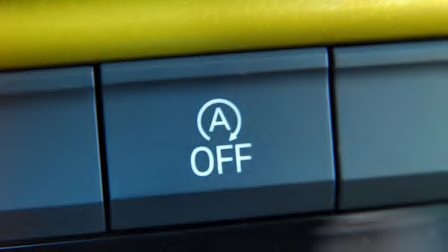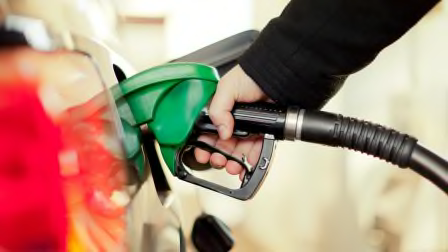Why You Might Not Actually Need Premium Gas
Consumer Reports tested fuel economy and acceleration with different grades of gasoline
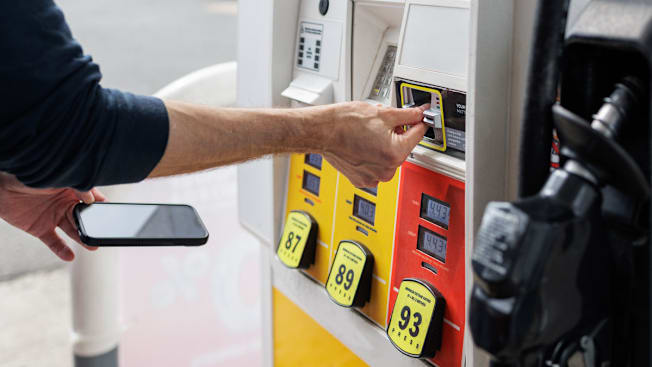
Premium gas sounds like it’s something special. But it translates into paying extra for a higher octane without any performance or fuel-economy benefits for many cars.
That’s what we found after running tests at our 327-acre track.
Some cars require premium gas, but others simply carry a recommendation that owners use it. We wanted to see whether owners can save money by using regular gas for cars that manufacturers merely recommend using premium fuel.

Photo: John Powers Photo: John Powers
We contacted Acura and Nissan to ask why both automakers recommend premium gas.
An Acura spokesperson referred us to the TLX’s owner’s manual, which states: “Use of lower-octane gasoline can cause occasional metallic knocking noise in the engine and will result in decreased engine performance.”
Such sounds are caused by fuel preignition. Over time, this can damage the engine and affect long-term reliability.
A Nissan spokesperson wrote in an email that “it is possible for the same performance to be realized using non-premium fuel.” However, the spokesperson added that there could be some conditions where performance—which includes fuel economy—might be compromised, such as on extremely hot days. Nissan also said that it recommends the use of premium fuel to guarantee advertised performance.
Using Regular vs. Premium Gas
| Fuel Economy | Savings per Year |
| 30 mpg | $351 |
| 25 mpg | $421 |
| 20 mpg | $526 |
| 15 mpg | $702 |



